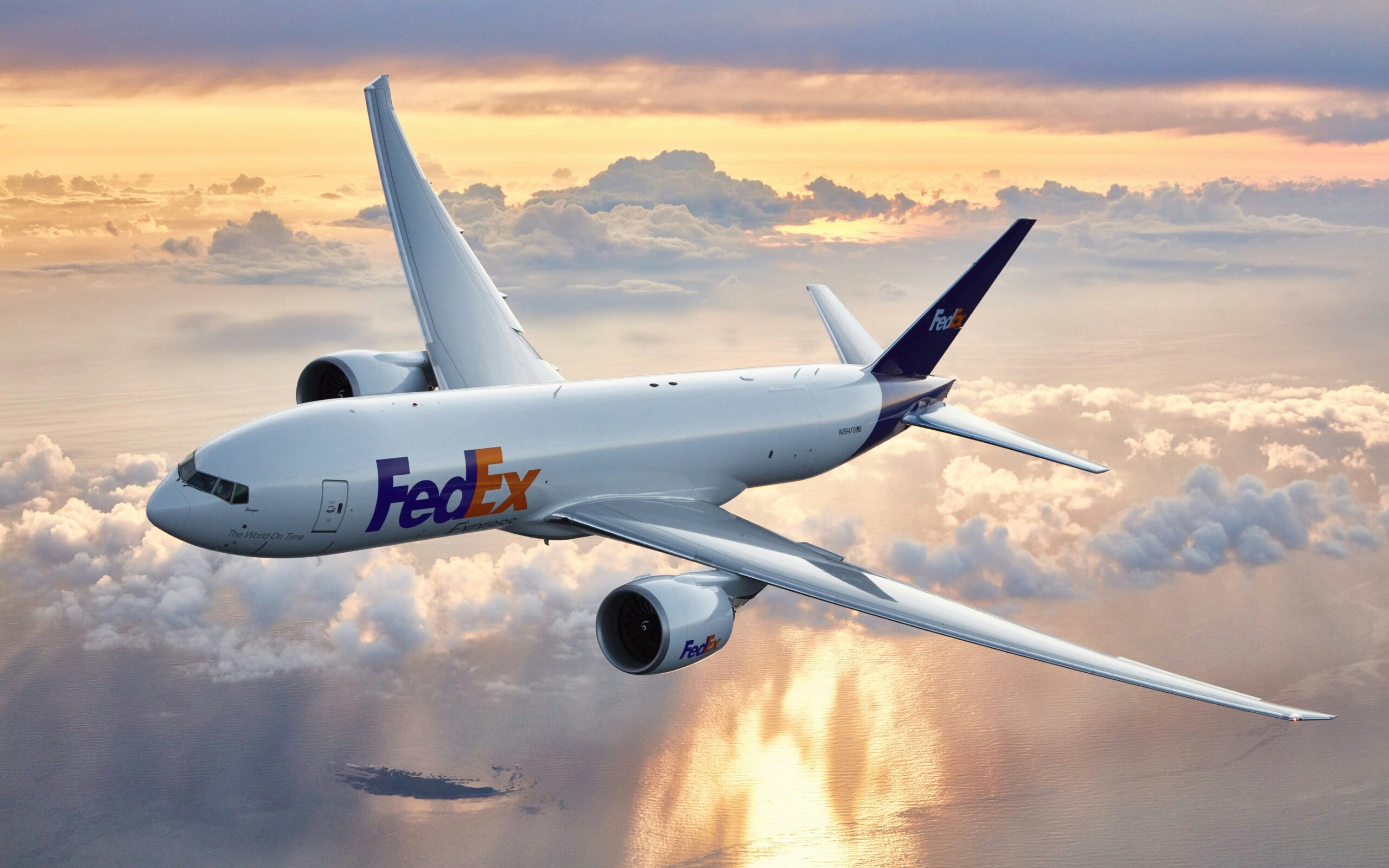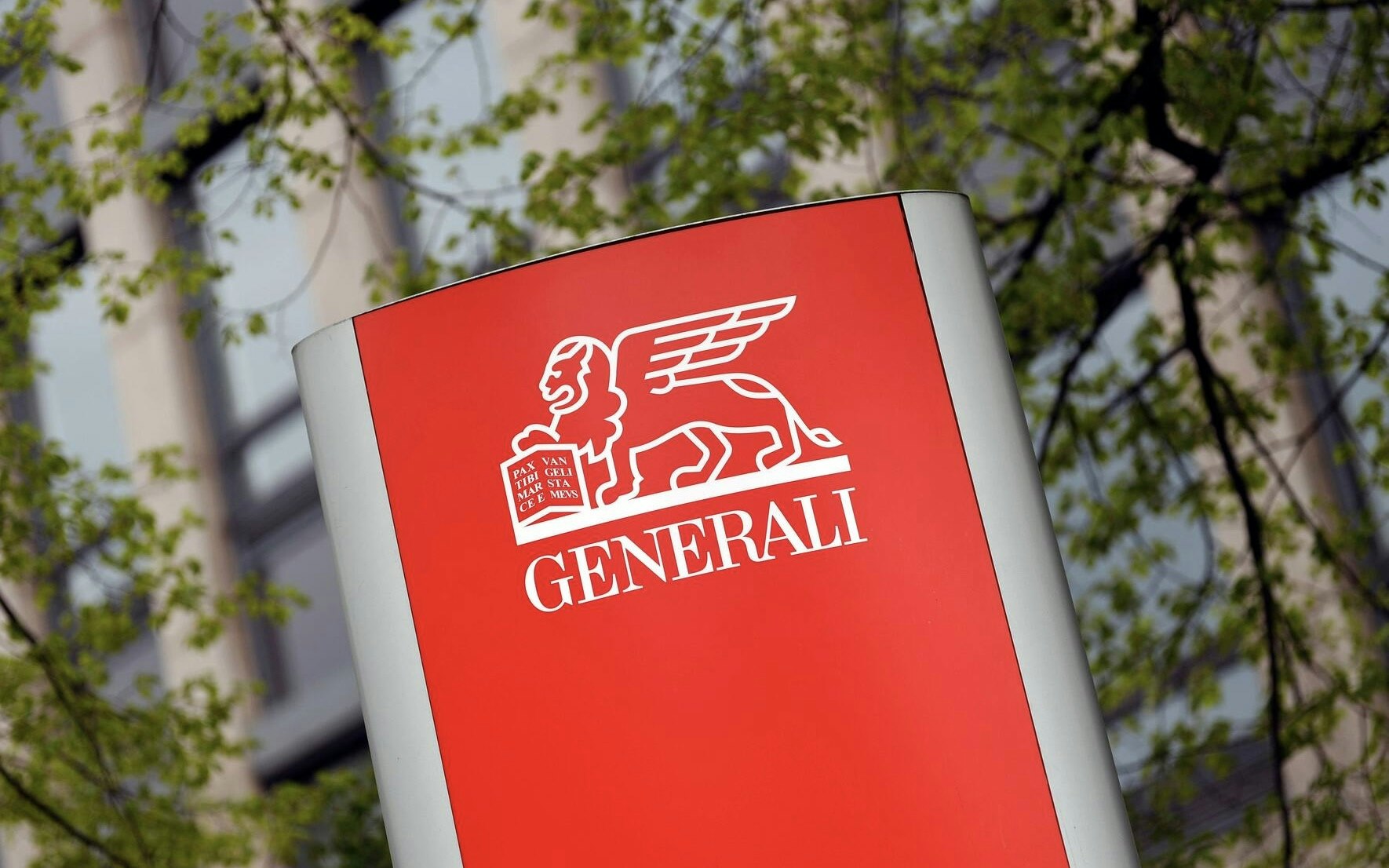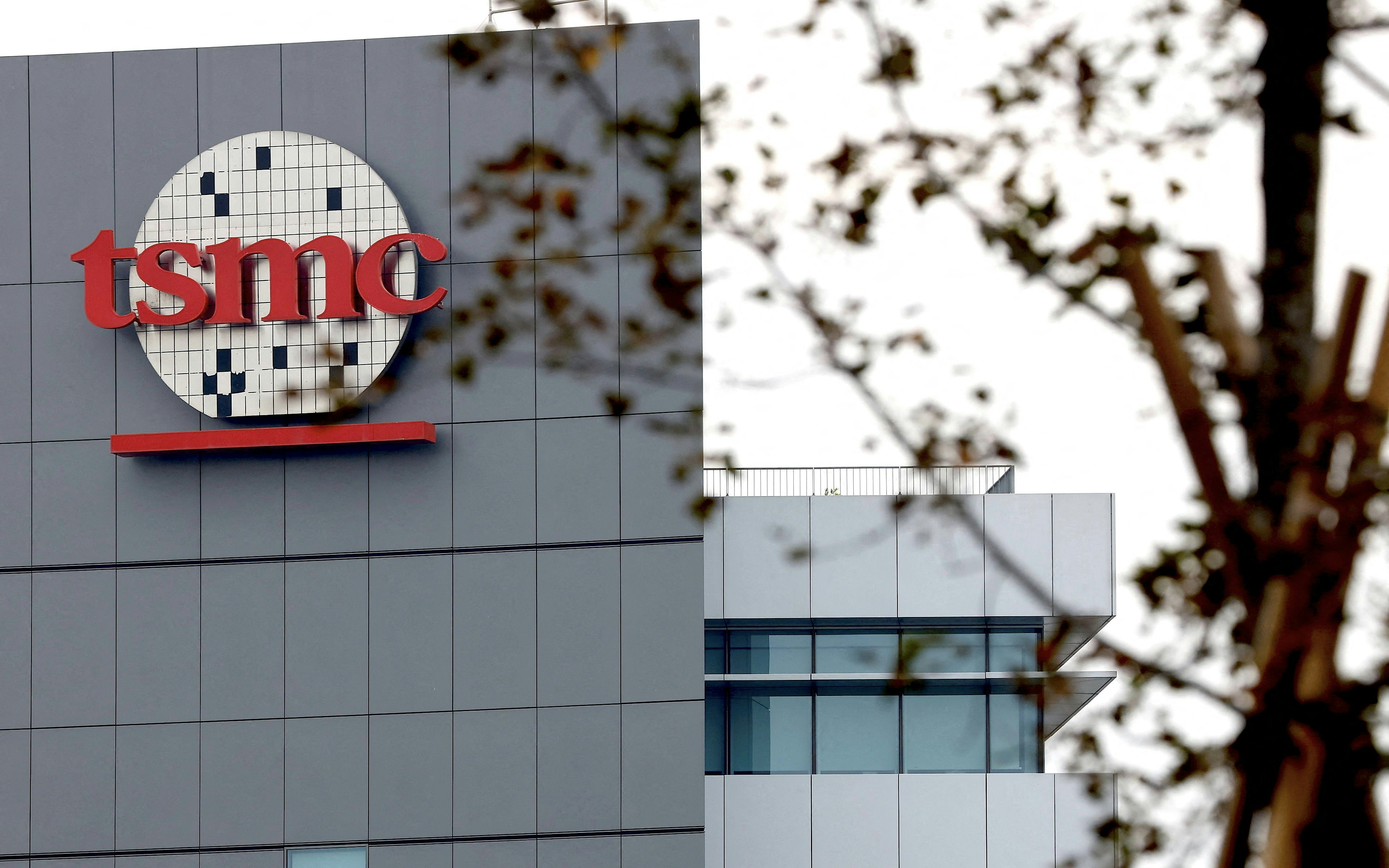Business
FedEx considers spinning off its freight division: Stock price rises by 15.5%
As the largest operator in its sector, the company could achieve a premium as an independent carrier.

FedEx, the world's largest transportation company in its sector, is currently considering spinning off its freight division as an independent publicly traded company. This move could bring significant gains to shareholders while simultaneously strengthening the company's competitiveness in the LTL (Less-Than-Truckload) segment.
The FedEx Freight division generated $9 billion in revenue over the 12 months ending May 31, making it the largest operator in the LTL segment. "We consider a sale of the business less likely," wrote Daniel Imbro of the financial services firm Stephens in a research note on Wednesday.
Satish Jindel, president of SJ Consulting, estimates that a spin-off of the division alone could reach a market capitalization of 50 billion US dollars, based on the strong performance of FedEx's competitors in the LTL business. "LTL is currently Wall Street's favorite," he said.
When releasing its results on Tuesday, FedEx stated that it is "conducting a review of the role of FedEx Freight in the company's portfolio structure and examining potential steps to further sustainably enhance shareholder value." The company plans to complete the review by the end of this year.
This review is being conducted as part of FedEx's "Drive" transformation, which aims to eliminate barriers between the Express and Ground operations. This plan could result in the trucking business being spun off, while pickup and delivery services, sorting, and other package services are integrated.
The potential spin-off would end the efforts of FedEx and rival United Parcel Service to unite the package business and truck operations under one roof. UPS sold its truck business in 2021 and divested its freight services division this month as part of CEO Carol Tomé's plan to focus more on the efficient handling of packages.
The market capitalization of competitors in the LTL business has significantly increased despite a broader downturn in demand for truck transportation. Old Dominion Freight Line, the second-largest LTL carrier by revenue, had a market capitalization of $38.7 billion on Wednesday with a revenue of $5.8 billion.
XPO, the third-largest provider, had a market capitalization of $12.2 billion with LTL revenue of less than $4.7 billion last year, while Saia reached a market capitalization of $12.4 billion after revenue of about $2.9 billion last year.
FedEx has a richer market capitalization of 72.5 billion USD with a total revenue of 87.7 billion USD in the fiscal year ending May 31. The Freight division generated revenue of 9.1 billion USD during this period and achieved an operating margin of 21.9% in the last quarter.
Brian P. Ossenbeck, an analyst at J.P. Morgan Securities, wrote in a research note that there is a "valuation discrepancy" by embedding FedEx Freight into the parcel operations. "At one point in September 2022, the market capitalization of ODFL was 75% of the total market capitalization of FDX," he wrote.
A spin-off from FedEx Freight would also strengthen the rest of the sector, he further wrote, "as the largest player would operate as an independent entity without the overhang problem of bundling the business with Express and Ground, offering the possibility to set rates higher than currently.
The stocks of FedEx rose by 15.5% to $296.19 on Wednesday, marking the largest percentage increase in the company's shares since September 29, 1986.






